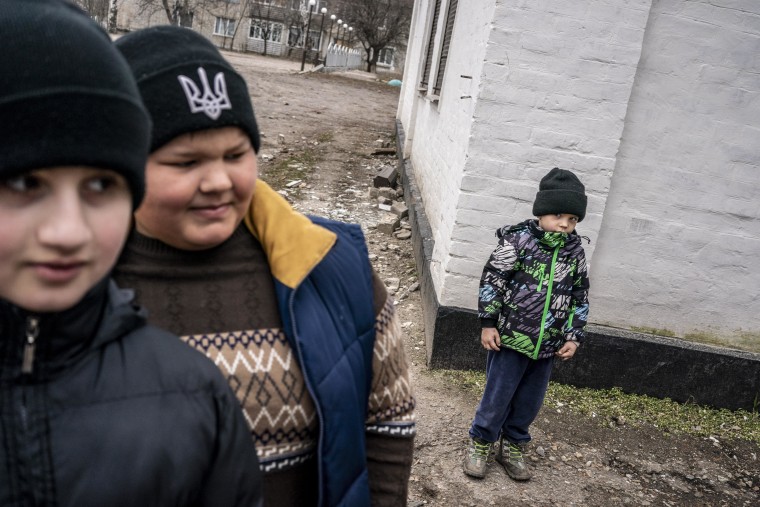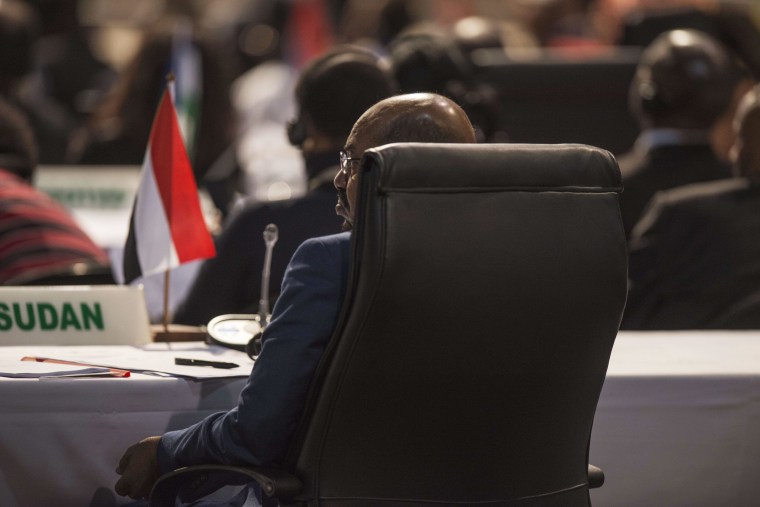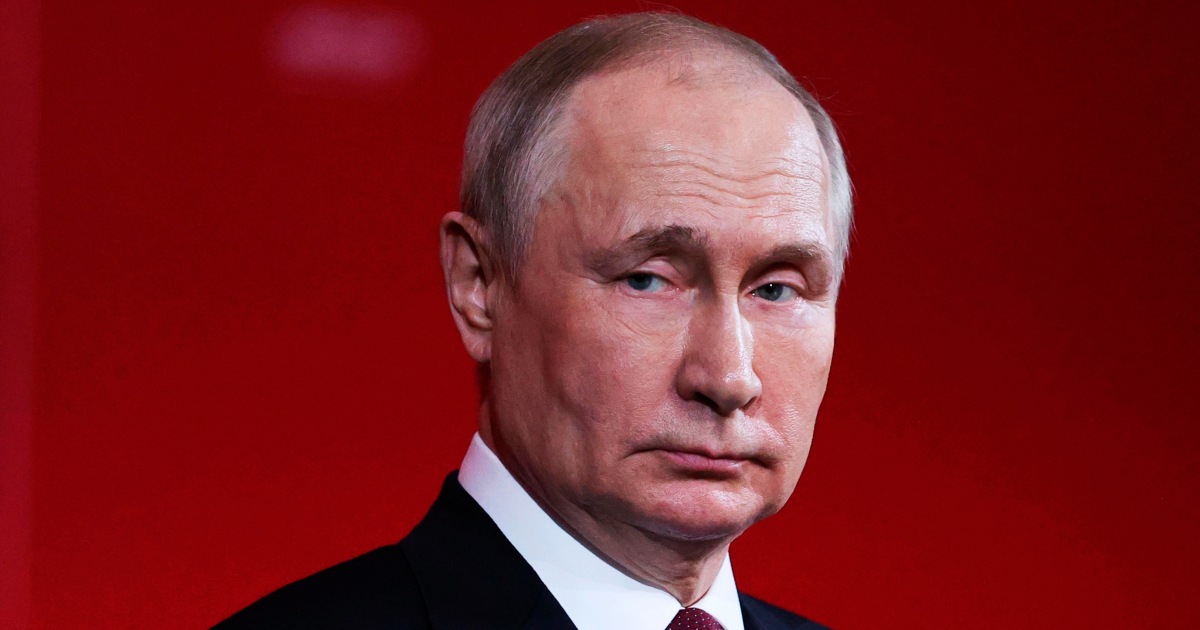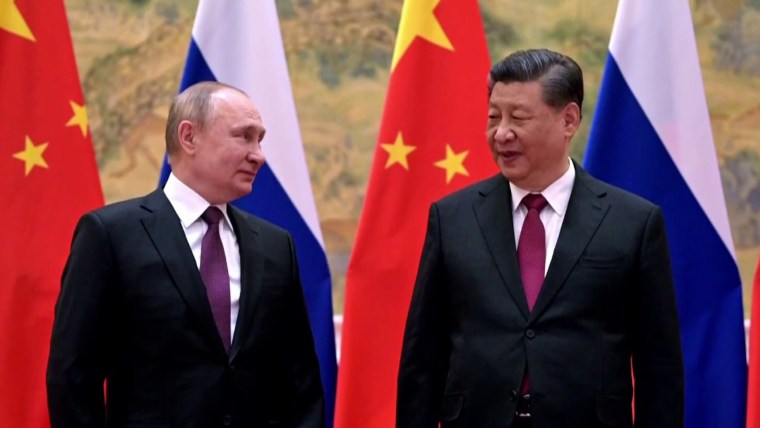Vladimir Putin may be safely heading to Hungary, South Africa is perhaps, but much of the rest of the world may be out: an arrest warrant issued by the International Criminal Court threatens not only to shrink the world of the Russian leader, but also to divide that of everyone else. , undermining efforts to isolate the Kremlin over its actions in Ukraine.
This week, two of the countries that remain relatively friendly to the Kremlin were the first to signal a split over a crucial question facing countries around the world: Would Putin be arrested if he set foot on their soil?
On the day Ukraine signed an agreement to establish an ICC office in the country, allowing the international body to more closely investigate war crimes allegations that Russia has consistently denied, the two countries, both members of the court, indicated that it is possible that they do not comply with the arrest warrant.
Although both Hungary and South Africa are signatories to the Rome Statute, which established the court in 1998, neither country could commit in recent days to carrying out the arrest warrant if Putin crossed their borders. His public reluctance comes after Secretary of State Antony Blinken urged all members of the court to meet their obligations, and after Moscow warned that doing so would amount to a declaration of war.
Gergely Gulyás, who serves as chief of staff to Hungarian President Viktor Orbán, said Budapest had not included the international court in its legal system. While Hungary «had not taken a position» on the arrest warrant, he believed it moved «things towards further escalation and not towards peace.»
“We can refer to Hungarian law and based on that we cannot arrest the Russian president,” he said, according to Reuters, “as the ICC statute has not been enacted in Hungary.”

Meanwhile, South Africa said it was aware of its legal obligation to the ICC, but its leaders said it still planned to invite Putin to Johannesburg for a summit of leaders from major developing countries in August: Brazil, Russia, India, China. and South Africa. , collectively known as «BRICS». South Africa, which has remained neutral on Russia’s invasion and held military exercises with Moscow, said it would continue to consult with interested parties. On Friday, a government minister said the country was awaiting a new legal opinion on the matter.
“We are waiting for a renewed legal opinion on the matter and we remain a member state of the Treaty of Rome,” said Naledi Pandor, minister for international relations and cooperation. South African Broadcasting Corporation. on Friday. “We are concerned about the situation of the Ukrainian people. What we would like to do is be in a position where we can continue to engage with both countries to persuade them towards peace.»
The Hungarian and South African foreign ministries did not respond to requests for comment.
NBC News also contacted the 17 countries that signed the Rome Statute and did not vote to condemn Russia at the UN General Assembly last month. None responded, which could indicate that Putin might also be safe to visit countries like Bangladesh, Bolivia and El Salvador.
The ICC, based in The Hague, Netherlands, charged Putin last week with overseeing the alleged war crime of kidnapping and illegal deportation of children from Ukraine to Russia. It issued an arrest warrant for him, which should make him persona non grata in the 123 countries that have signed the Rome Statute.

However, the announcement will carry little more than symbolic weight, unless countries commit to complying with their legal obligation.
The court does not have a police force and therefore does not have the power to act on an arrest warrant it issues. Instead, for it to work, it depends on those 123 countries cooperating and using their own law enforcement agencies to apprehend suspects if they cross their borders.
The ICC, however, remains firm on the treaty. “States parties have a legal obligation to cooperate with the Court under part 9 of the Rome Statute,” Fadi El Abdallah, a spokesman for the court, said by email.
Hungary and South Africa add to a long history of court battles to get nations to comply with that «legal obligation.»
South Africa failed to arrest former Sudanese president Omar al-Bashir, who was facing an ICC arrest warrant for alleged genocide and war crimes committed in the Darfur conflict, when he attended an African Union summit in Johannesburg in June 2015. Former South African President Jacob Zuma and his government have been reprimanded by local courts for failing to comply with the ICC.
There have been a handful of similar instances throughout history, involving figures ranging from a militia leader in the Democratic Republic of the Congo to former Philippine President Rodrigo Duterte, who withdrew his country from court in 2018 when his The prosecutor announced that he would investigate his “war”. on drugs ”of which he is suspected of killing tens of thousands of people.
Duterte vowed: «I will never go to the ICC alive.»
The problem is that the ICC has no real power to hold countries to their responsibilities as partner states, said Victor Peskin, a professor in Arizona State University’s school of politics and global studies and a human rights researcher. The court can find a state in non-compliance, but it’s not much more than «a token reprimand,» he told NBC News.
“When you have states that are legally obligated to help with that enforcement and they refuse to do so or promise to refuse to do so, then the ICC really lacks meaningful tools to hold that state accountable for not complying,” he said.
The United States does not recognize the court’s jurisdiction, but has tried to publicly support the order. Russian leaders, however, have dismissed and scoffed at the war crimes charges.
Kremlin spokesman Dmitry Peskov immediately rejected the court order last Friday. “We do not recognize this court, we do not recognize the jurisdiction of this court. This is how we treat this,” he said.
Since then, Russia has claimed that the ICC prosecutor, Karim Ahmad Khan, and the court’s judges violated the country’s laws and opened criminal proceedings against them.
Former Russian President Dmitry Medvedev also made it clear on Thursday that if any country acted on the arrest warrant, it would be effectively «a declaration of war against the Russian Federation,» which he stressed was a nuclear state.


